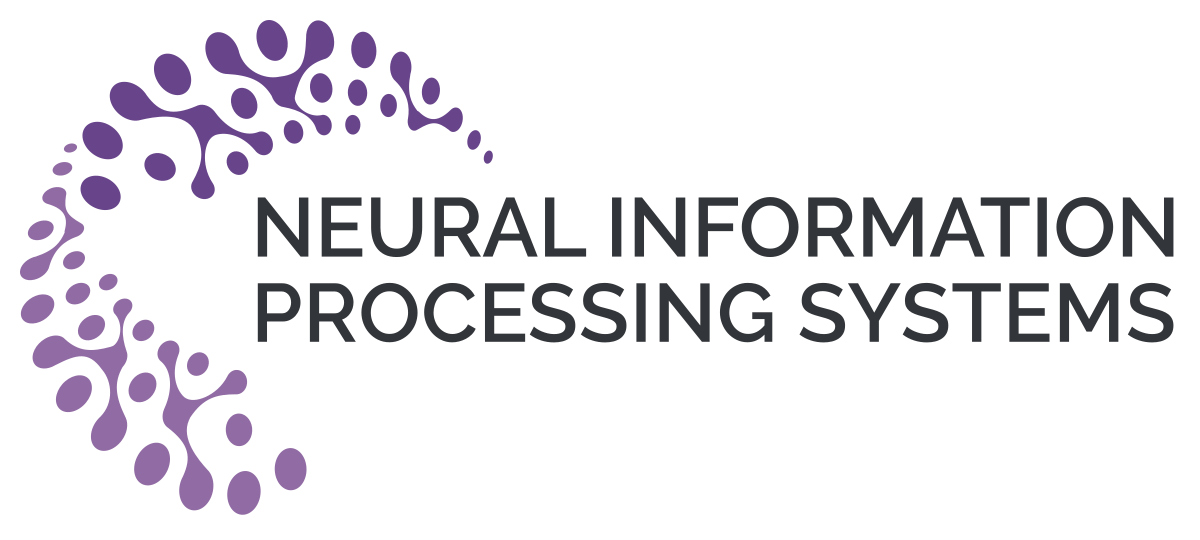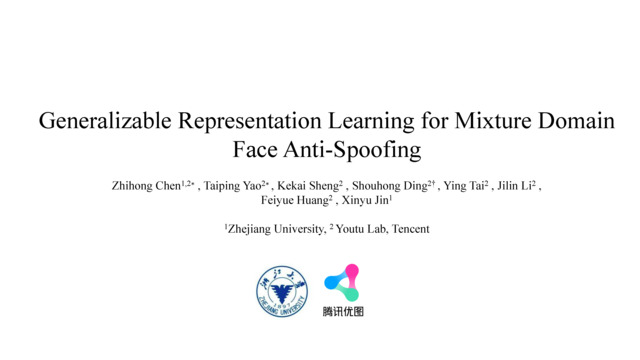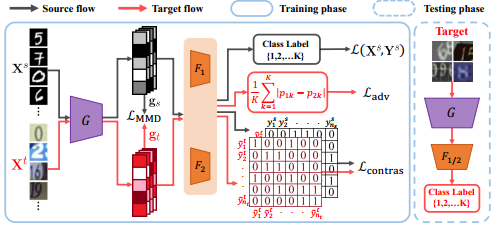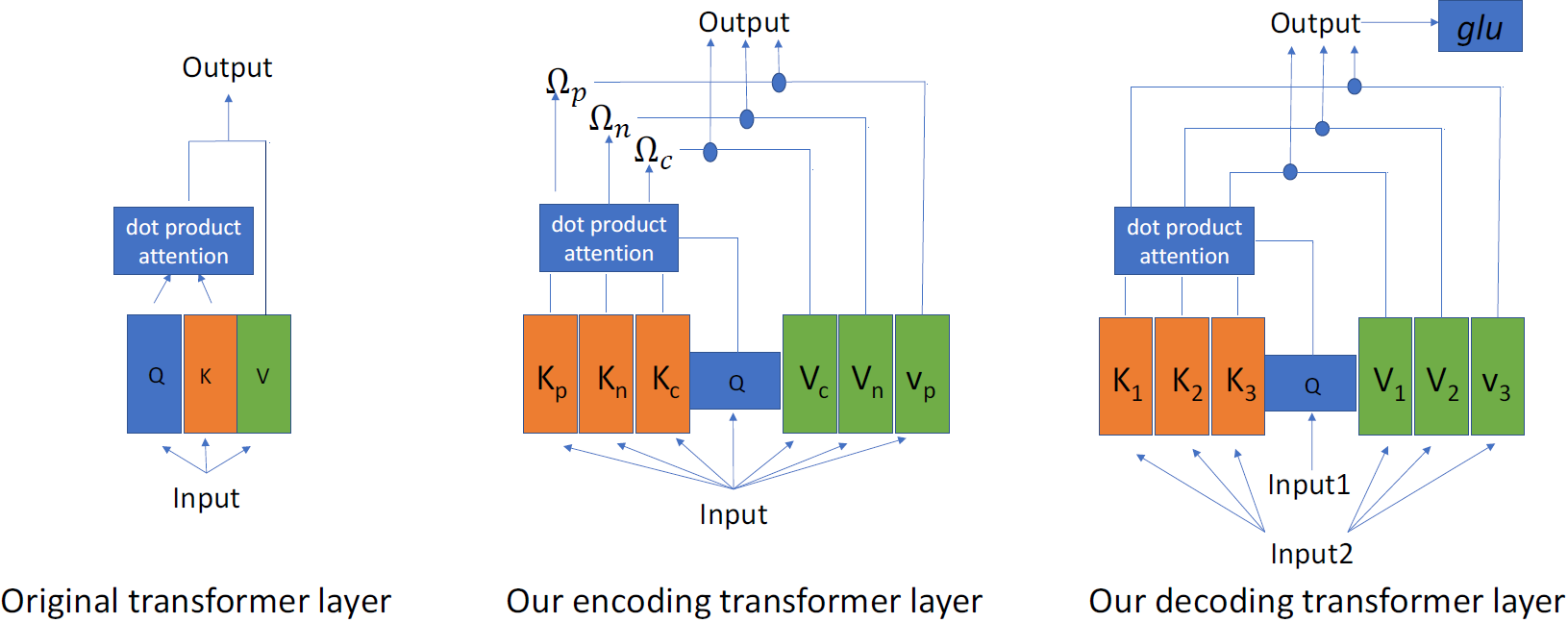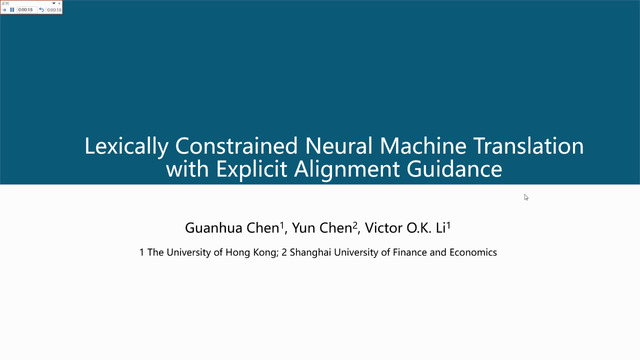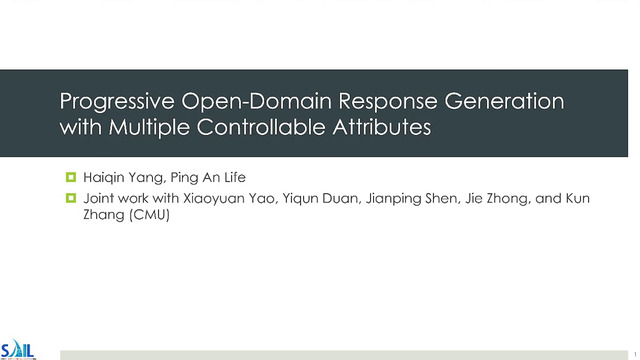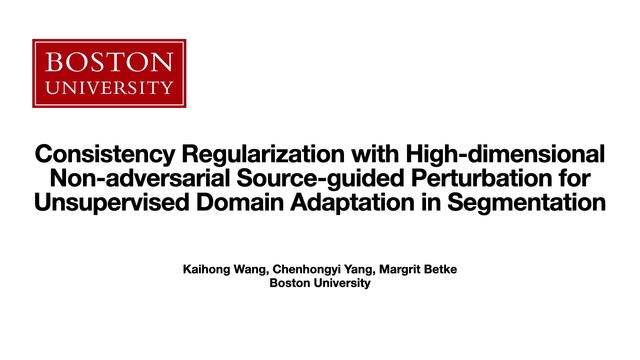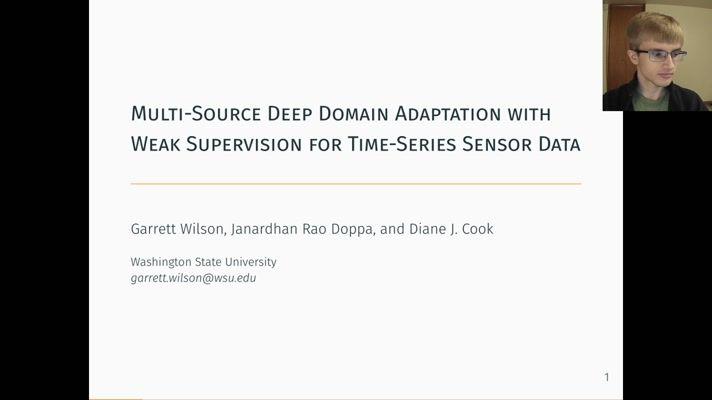Abstract:
Unsupervised domain adaptation (UDA) for semantic segmentation has been attracting attention recently, as it could be beneficial for various label-scarce real-world scenarios (e.g., robot control, autonomous driving, medical imaging, etc.). Despite the significant progress in this field, current works mainly focus on a single-source single-target setting, which cannot handle more practical settings of multiple targets or even unseen targets.
In this paper, we investigate open compound domain adaptation (OCDA), which deals with mixed and novel situations at the same time, for semantic segmentation.
We present a novel framework based on three main design principles: discover, hallucinate, and adapt. The scheme first clusters compound target data based on style, discovering multiple latent domains (discover). Then, it hallucinates multiple latent target domains in source by using image-translation (hallucinate). This step ensures the latent domains in the source and the target to be paired. Finally, target-to-source alignment is learned separately between domains (adapt). In high-level, our solution replaces a hard OCDA problem with much easier multiple UDA problems.
We evaluate our solution on standard benchmark GTA to C-driving, and achieved new state-of-the-art results.

